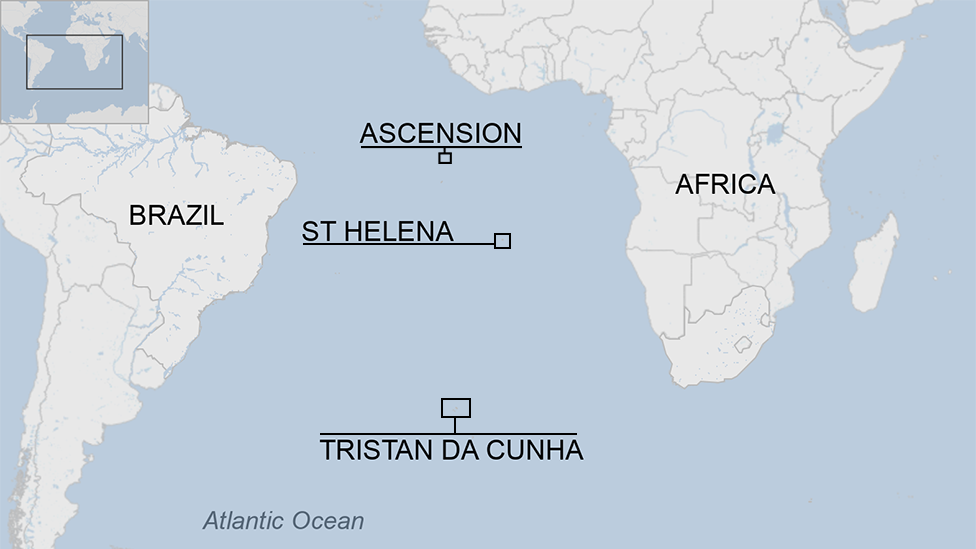Falkland Islands profile
- Published
This page is no longer being updated. It was last updated on 7 September 2023

The isolated and sparsely-populated Falkland Islands, a British overseas territory in the south-west Atlantic Ocean, remain the subject of a sovereignty dispute between Britain and Argentina, who waged a brief but bitter war over the territory in 1982.
Argentine forces, who had landed on the Falklands to stake a territorial claim, were ejected by a British military task force.
Argentina says it has a right to the islands, which it calls the Malvinas, because it inherited them from the Spanish crown in the early 1800s. It has also based its claim on the islands' proximity to the South American mainland.
Britain rests its case on its long-term administration of the Falklands and on the principle of self-determination for the islanders, who are almost all of British descent.
The windswept and almost-treeless territory is made up of two main islands, East Falkland and West Falkland, as well as hundreds of smaller islands and islets.
Read more country profiles , external- Profiles by BBC Monitoring, external
FALKLAND ISLAND: FACTS
Capital: Stanley
Area: 12,173 sq km
Languages: English
Population: 3,600
Life expectancy: 75 years (men) 79 years (women)
LEADERS
Head of state: King Charles III, represented by a governor
The islands are self-governing, although foreign affairs and defence matters are handled by the British government.
There is no party-political activity on the islands.
A new constitution to enhance the powers of the Executive Council came into force on 1 January 2009.

Port Stanley is the main settlement on the islands
MEDIA
Coverage of local affairs is provided by a radio station and by the territory's sole newspaper, Penguin News.
TIMELINE
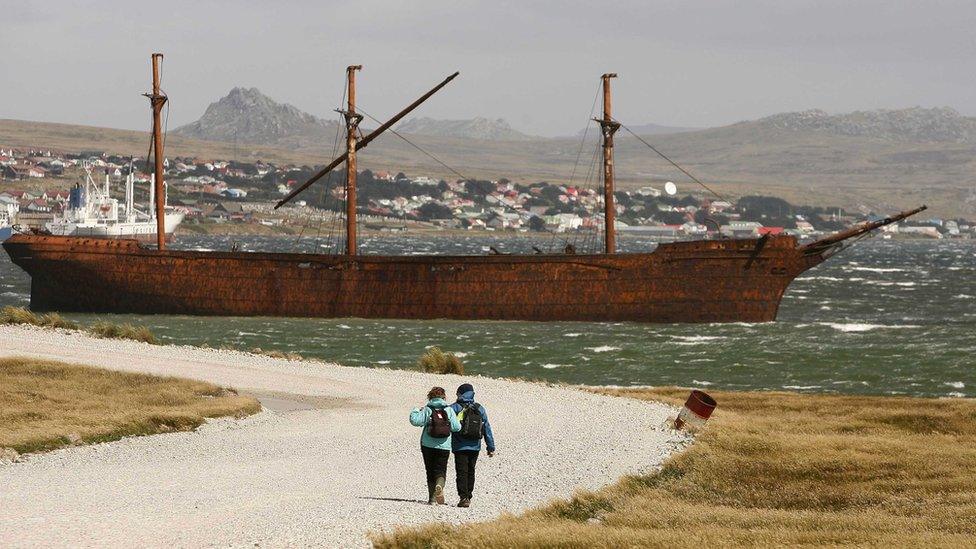
The wreck of the Lady Elizabeth, built in the 1800s, has been a feature of the islands for a century
Some key dates in the history of the Falklands:
1690 - English captain makes first recorded landing on Falklands.
1764 - First settlement founded on East Falkland by French navigator.
1765 - British settle West Falkland. They are driven off by the Spanish in 1770 but return in 1771, only to withdraw again in 1774.
1820 - Independent Argentina proclaims sovereignty over the Falklands.
1831 - US warship destroys Argentine settlement in reprisal for the arrest of three US vessels hunting seals.
1833 - British force expels remaining Argentine officials from the island and installs a governor. Argentina continually protests against British occupation.
1914 - Battle of the Falklands. During World War One, two British battlecruisers are sent to Port Stanley to hunt down Admiral Graf von Spee's German naval squadron which has been raiding shipping across the Pacific. Graf Spee attacks Port Stanley but then withdraws; most of his ships are then hunted down and sunk by the faster British battlecruisers.
1965 - UN resolution invites Britain and Argentina to discuss ways of finding a peaceful solution to their dispute.
1982 - Argentina invades, prompting the Falklands War. The UK sends a naval taskforce and some 9,000 troops to recapture the islands. Over 900 Argentinian and British service personnel are killed, as well as three islanders, during the 10-week war.
1990 - Argentina and Britain restore diplomatic relations, severed in 1982.
2013 - Islanders vote to remain a British overseas territory.
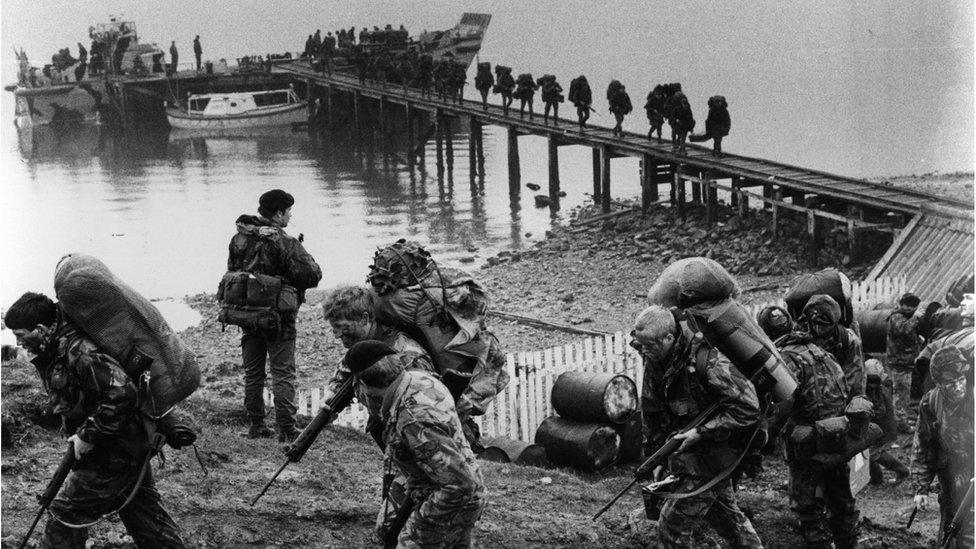
British forces recaptured the Falklands from Argentina after a 72-day conflict
Related topics
- Published11 December 2023
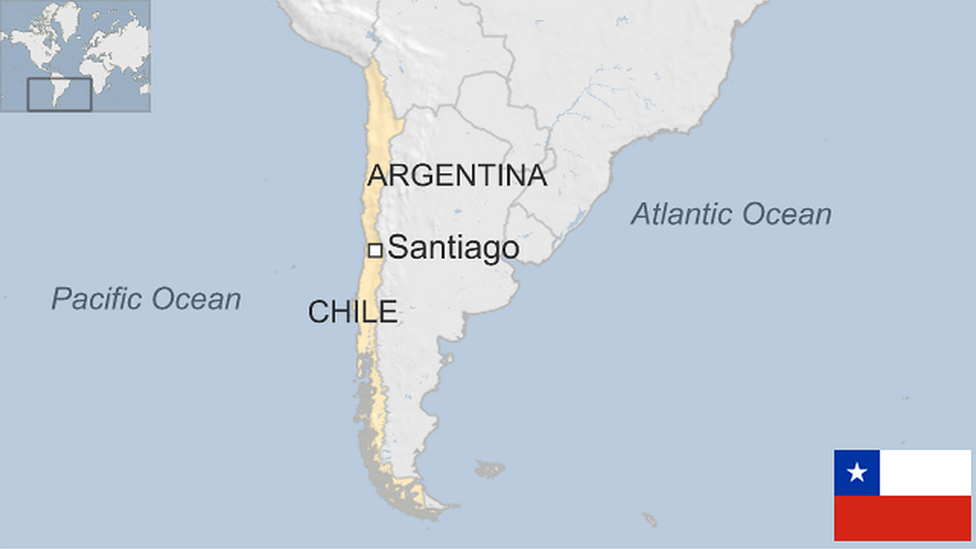
- Published8 January 2024
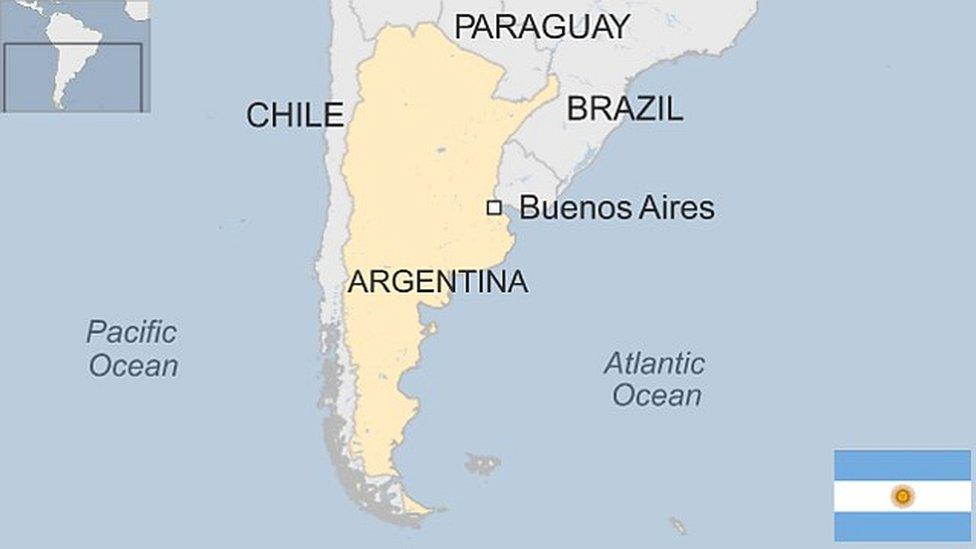
- Published25 November 2024

- Published22 August 2023
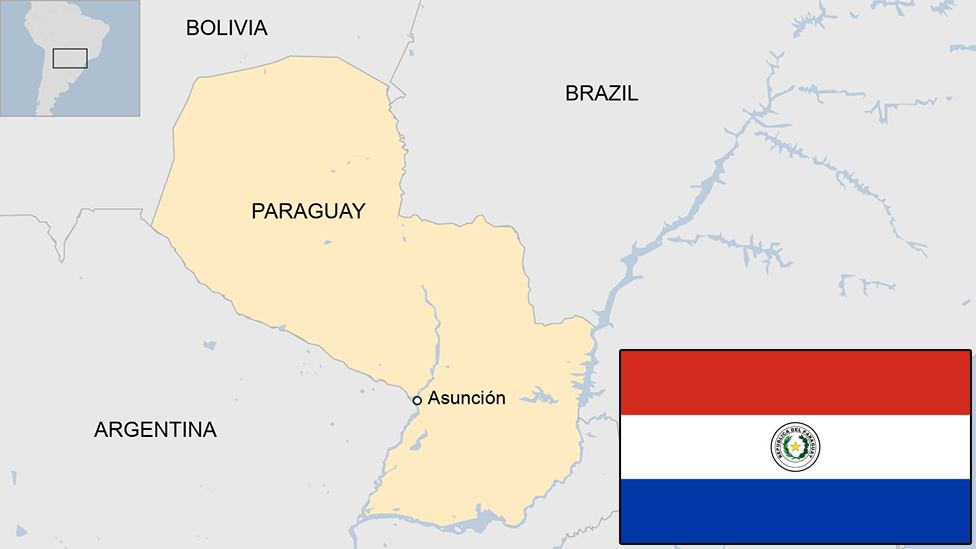
- Published2 June 2023
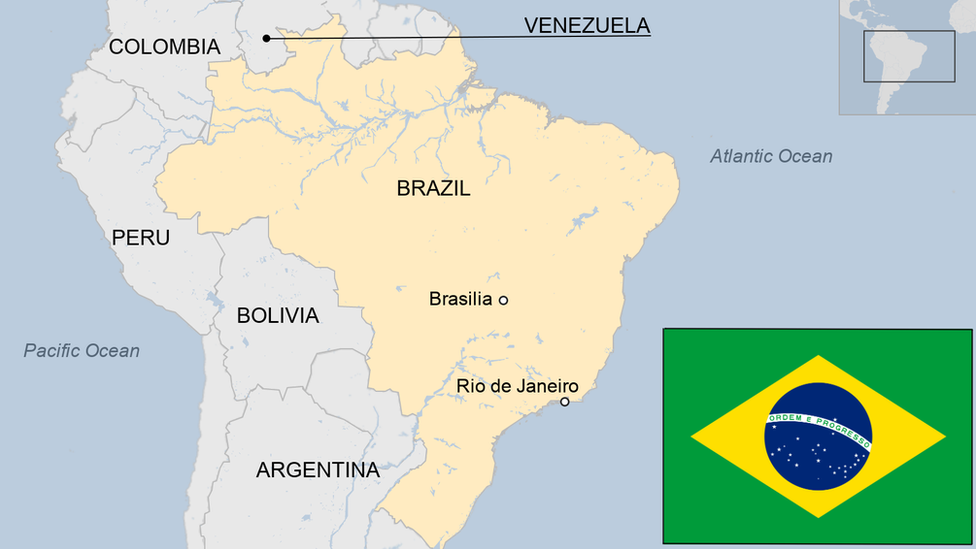
- Published17 November 2023
